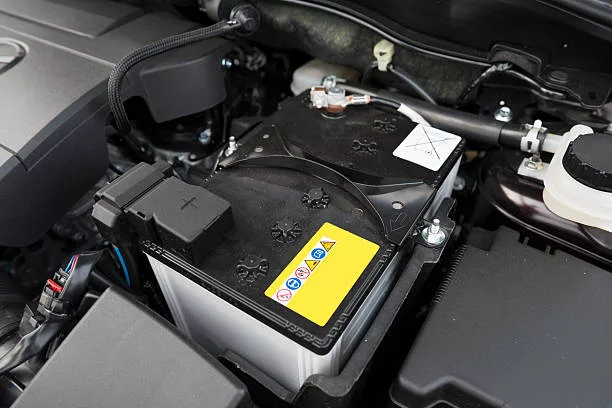In an ambitious stride towards a greener future, the Biden administration has unveiled a pivotal investment aimed at revolutionizing battery recycling. This initiative, fueled by the U.S. Department of Energy (DOE), pledges a robust $62 million to support 17 groundbreaking projects. Through the Bipartisan Infrastructure Law, these efforts are designed to increase general participation in the recycling of batteries from consumer electronics, thereby streamlining the process and potentially reducing costs.
Fostering a Sustainable EV Market with Increased Sales
Witnessing an unprecedented surge, the sales of electric vehicles (EVs) during the Biden–Harris Administration have soared, marking a quadruple increase with over 1.4 million vehicles sold just last year. Anticipating a significant expansion in the lithium battery market, which could see growth of up to ten times by 2030, the need for a sustainable battery life cycle has never been greater. By actively investing in the efficient recycling of consumer batteries, the administration aims to lessen the dependence on fresh materials, consequently driving down production costs and fortifying America’s domestic supply chains for the long run.
Leading the Charge for a Clean Energy Economy
U.S. Leadership in the Global Market
U.S. Secretary of Energy Jennifer M. Granholm emphasized the importance of seizing control over the entire battery supply chain, from raw material acquisition to manufacturing and recycling. She highlighted that President Biden’s Investing in America agenda lays the groundwork for a sustainable, circular supply chain, one that promises to be economical for consumers while also enhancing the country’s manufacturing competitiveness on the global stage.
Diverse Funding Allocations for a Circular Economy
The 17 select projects align with the DOE’s Consumer Electronics Battery Recycling, Reprocessing, and Battery Collection funding opportunity. Collectively, these initiatives are a cornerstone of the larger $7 billion authorized by the Bipartisan Infrastructure Law to augment and safeguard the United States’ battery supply chain. They address key areas such as:
- Enhanced Recycling Outreach and Education: Focusing on the increased collection of recyclable e-waste and standalone batteries through student-led initiatives and community-centric events, thereby creating a more robust source of battery-grade materials.
- Advancements in Recycling Technologies: Aiming to spark market interest in consumer electronics battery recycling by pioneering cost-effective pre-processing and sorting methods, including the utilization of artificial intelligence and automated systems.
- Supporting Local Battery Collection Programs: Assisting in the establishment or improvement of battery collection, recycling, and reprocessing programs at the state and local levels, an effort that involves creating convenient drop-off locations and specialized storage facilities.
Through these projects, the administration is not only dedicating itself to technological innovation but also to reinforcing values such as diversity, equity, inclusion, and accessibility. The initiatives stand as testaments to America’s commitment to energy equity and a skilled, future-ready workforce.
Building A Resilient, Homegrown Battery Supply Chain
The DOE’s current investment builds upon a history of supporting the domestic battery supply chain, a strategy evident in more than $74 million already designated for enhancing EV battery recycling and subsequent applications. With continuous investments in recycling, the DOE aims to establish a secure and domestically focused supply chain for critical materials. This includes a recent announcement of up to $16 million to promote the collection of used consumer batteries at retail locations, with a call for retailer-led projects to enhance battery lifecycle management initiatives. Furthermore, the DOE has recently launched the Electronics Scrap Recycling Advancement Prize (E-SCRAP), a competitive platform that will distribute up to $4 million in awards to spur the recovery and reuse of critical materials from electronic waste.
To learn more about these energetic initiatives and the magnanimous prize opportunities, stakeholders and interested entities are encouraged to stay informed on application deadlines and detailed proposals that can help pave the way to a cleaner, electrified future.

























